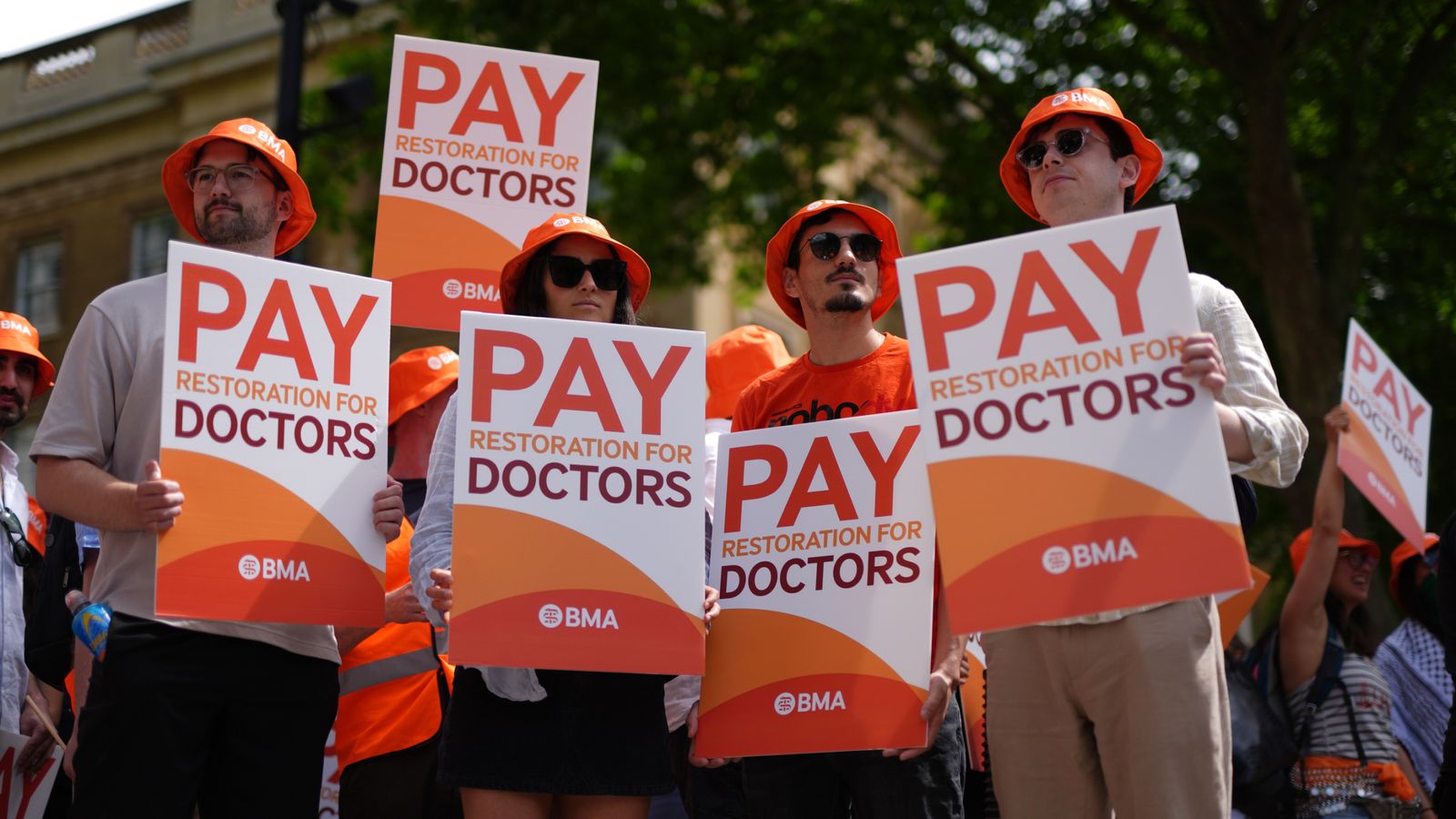Quick google - https://www.nuffieldtrust.org.uk/resource/all-is-not-well-sickness-absence-in-the-nhs-in-england NHS rate - 5.6%But again, where is the evidence that the sick pay causes additional sickness.
Correlation doesn’t equal causation.
One thing a lot of people miss is good employers in the private sector where equivalent level professionals work also offer similar benefits. The public sector also employs considerably more disabled people as a proportion of its workforce than the private sector, this is a good thing.
It’s almost like the public sector sets the standards that the private sector should be striving to achieve.
@hager you can wear all the PPE in the world but it doesn’t fully stop the contraction of infection. In reality it’s not practical for staff to wear full PPE 24/7, as we saw in Covid it massively reduces productivity and frankly just isn’t very pleasant.
Not to mention plenty of patients are contagious before they are symptomatic.
https://www.ons.gov.uk/employmentan.../sicknessabsenceinthelabourmarket/2023and2024 - 2022 - labour market rate was 2.6%
It's twice as high and this isn't new information so not sure why you are acting like it is? Everyone knows that private v public sickness has always been different.





